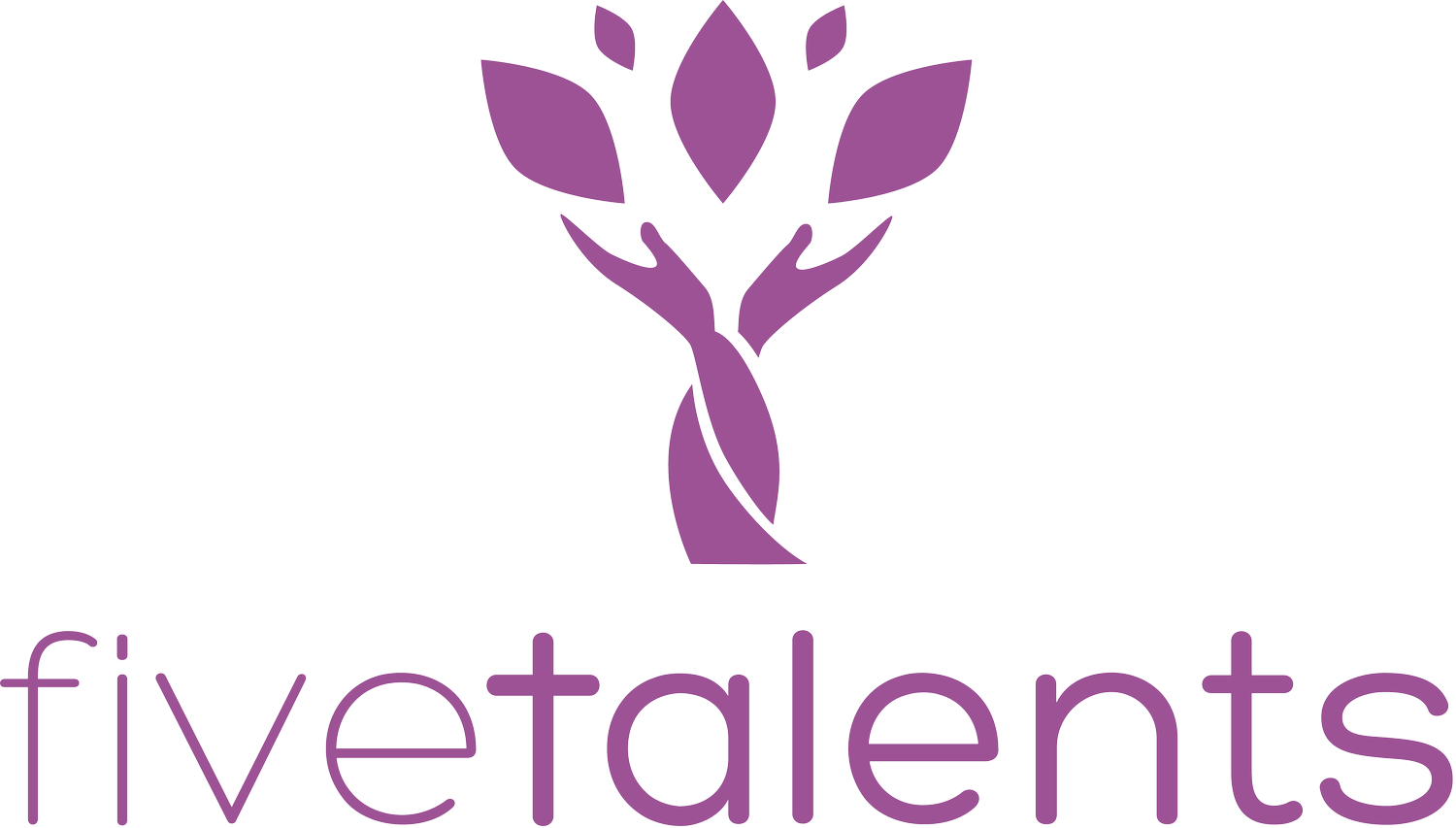Beauty supplies from micro-entrepreneurs at the Hpa-An Market in Myanmar.
Worldwide, the beauty industry grosses over $250 billion a year.
Cosmetics, skin and hair care account for most consumer expenses. In the United States, business is driven by demographics and marketing. Proctor & Gamble and L'Oreal are the largest cosmetic producers, supplying retail shops and over 82,000 local beauty salons.
The beauty industry involves a variety of business models including brick and mortar shops, online sales, and at home services. Most Americans are familiar with Mary Kay's beauty consultants who earn a commission based on sales and can recruit others into their distribution network. Mary Kay's multi-level marketing approach involves over 2 million entrepreneurs and brings in over $2.5 billion in wholesale revenue. Such big businesses tend to reward those at the top, while entry level sales reps struggle to carve out a niche.
In Myanmar, our program partners use a cooperative business approach instead of a pyramid business structure. Our programs serve the very poor and members collectively own businesses that help them to escape poverty and build a brighter future. Traditionally the cooperative businesses in Myanmar have focused on agriculture and relied on innovative savings programs such as rice banks. This year, however, the Mother's Union is diving deep into the beauty business. Starting with entrepreneurs from very poor communities, savings groups are formed and members are provided with recipes and training on business as well as how to make a variety of skin care products. The Mother's Union provides quality control as well as ongoing training and assistance in marketing.
A variety of soaps, oils, and creams have already been branded and registered with the national government. These include aloe vera, mangosteen, and thanakar soaps in moon, flower, and square shaped bars. In partnership with another group, coconut shell dishes will soon be used to improve packaging. Soaps are already being sold in local markets in Hpa-an and entrepreneurs are beginning to reap the benefits.
Daw Myint Saw is a mother of three who previously relied on a mat weaving business to support her family. Income from Daw's business was unreliable and often failed to meet her family's needs. After participting in business training, she "decided to choose another business to receive regular income."
Daw began selling the Mother's Union soap products. Now she says, "I can stay without any worry about my debts and I can do business with much knowledge."
Thida from Daw Wah Village had a similar experience when she began producing the Mother's Union soaps. "I can give more donations to the church from my profit and some I use for my health, especially to buy vitamins. I want to invest [even] more in my business", she says.
Five Talents looks forward to continuing to support cooperative business in Myanmar and empowering the vulnerable poor with training, spiritual formation, and the creation of savings groups, credit associations, and community businesses.
Help us reach more entrepreneurs in Myanmar. Make a donation to Five Talents today!












